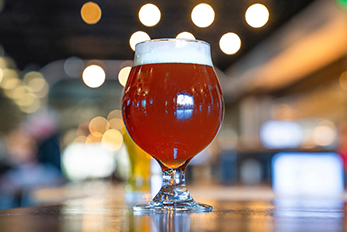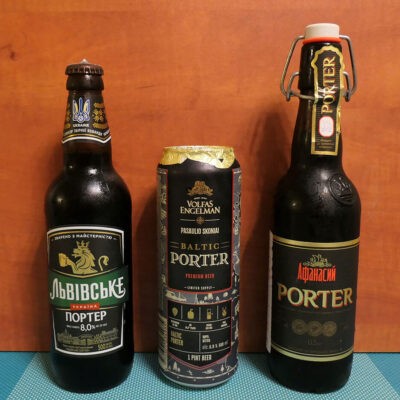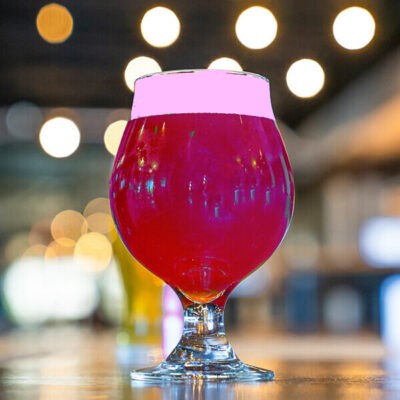Mаrzen beer

In the 1980s of last century geneticists developed new interesting varieties of aromatic hops. This was the reason for a real beer revolution in the U.S. and later in other countries.
The new hop brands helped to create interesting, often exotic beers on the market. Some of them resembled bright, unusual flowers that would fade in a week, while others really caught on and were included in official beer catalogs. Even the completely absurd names didn’t stop this from happening. For example, I still can’t get my head around how it could be: Black Indian Pale Ale, but that’s not for me to decide.
Personally, I often associate beer with music. From time to time, new trendy hits come along, and they live a short life. They are replaced by the same one-night hits. And along with that, performing music that was written centuries ago still draws full halls of grateful listeners.
The same is true for beer – some historical beers simply stand apart from this fashion hype. They do not need promotional campaigns, they have been around for hundreds of years and will continue to do so.
The German March beer (Märzenbier) is one of these beers. As with other historical beers, the creator of this beer is unknown. Most likely it was simply the demands of the time.
In those early days there were no refrigerators, nor industrial or home. Therefore, when the warm weather came, brewing was stopped, because brewing alone was not enough, beer had to be fermented and then stored. March was the last month when beer was brewed in Bavaria. It was brewed in advance and hidden in alpine caves with a constant low temperature. This kept the beer alive until the end of the harvest, the autumn feast. This was due to the high alcohol content and the high hop concentration.
Bavarian Mazen beer grew in popularity at the beginning of the 19th century. In 1810 the famous Oktoberfest was celebrated in Munich, where the guests of the festival were introduced to this wonderful beer. The first versions were dark in color, but then it changed a bit in the beginning of industrial brewing.
In the 1930s, commercial brewerys began to use industrial refrigeration systems and beer could be stored during the hot summer months. Gabriel Sedlmayr, owner of the Spaten brewery, together with the Viennese brewer Anton Dreher, changed malt type in recipe. They made the beer much more beautiful – it acquired a deep red color.
The modern version of Märzenbier has a rich, but delicate enough refreshing malt flavor. A distinct bitterness is balanced by the sweetness of the malt and softly noticeable in the long aftertaste. Alcohol (6%) together with a good density (14%) create an ideal duet. The beer is not heavy, but it doesn’t taste empty either – the classic Märzenbier usually has a perfectly balanced and smooth body.
Marzen beer is the official beer of Oktoberfest, but in recent years the festival has become a well promoted attraction for tourists. And the beer, accordingly, is adjusted to the public’s liking. Many people come to the festival not to enjoy a rare historical beer, but to pour themselves a lot of brewed lager…
In Israel, Marzen beer is not produced or imported on a regular basis, with the exception of smoked beer, but this is a beer for lovers. Unfortunately, you have to go to Germany to get a real Marzen beer.
Fortunately, the Hofbräuhaus brewery in Munich is still true to tradition. Its 5.7 percent Märzen meets all classic canons. Outside the Bavarian capital, Bräuhaus brewery produced good March beers in Fussen, not far from the Austrian border. The Eichhorn brewery in Forheim also brews an excellent, albeit lighter Märzenbier. And, of course, Bamberg’s Fässla brewery brews a lighter version of Märzenbier called Zwergla.
People say that you have to visit Paris once in your life. I would like to add: at least once in your life, everyone should try a real Marzen beer! What to do? – Wait for autumn, and then fly to Munich to taste the real Marzen beer. I guarantee you will not be disappointed!
P.S. Small correction. The recently established Israel Shikma craft brewery, is the first in the country make Marzen beer.















